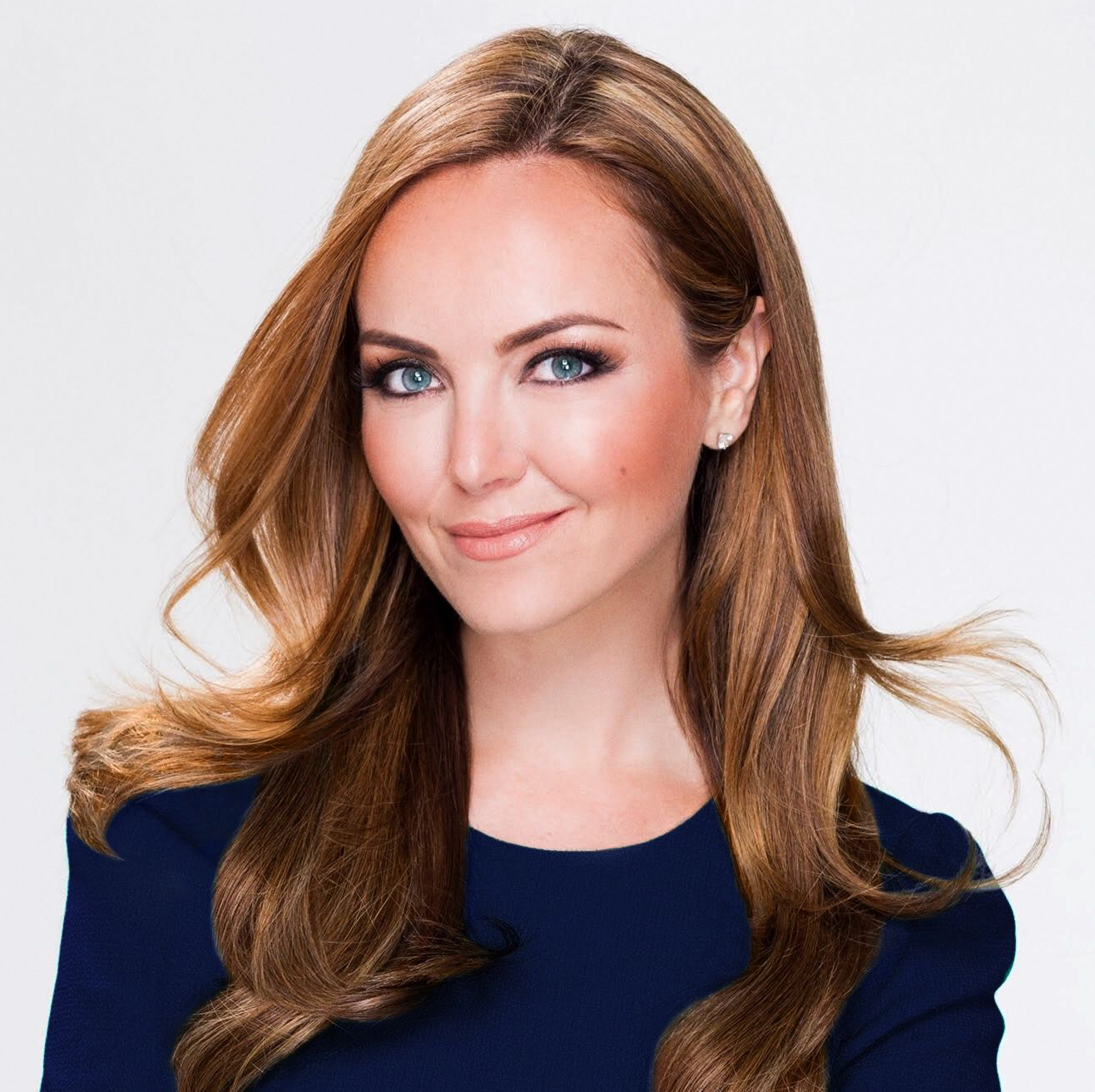Ready for a confession? I have struggled with post-traumatic stress disorder (PTSD).
I didn’t even know that’s what it was called until after I had a breakdown and ended up checked into a psych ward. The thing about feeling crappy on the inside is that you can look totally “put together” on the outside. You can’t see the emotional wounds someone might be carrying like you can physical scrapes or scars. People thought I was healthy, because I looked healthy. So I never had to face my pain. But I have emotional wounds. I met with tons of doctors and specialists and even did an outpatient psychiatric program. I took my recovery seriously and shined a light on some of the deepest, darkest places in me. They weren’t fun places to go, but the trip there was long overdue.
I was always focused on where I was going, so I never truly confronted where I had been, which was a chronically abusive, violent, and unstable upbringing that played out in real time like a Lifetime movie. My mother kidnapped me when I was three years old and changed my name while she was undergoing a nasty divorce from my father. She was arrested and granted monitored visitation with me while I lived with my father—a brilliant surgeon who invented new ways of performing surgery with limited blood loss. He was also an alcoholic and drug addict who hung around a revolving crew of drug dealers, hookers, and criminals. There wasn’t a week that went by that police or social workers weren’t called to my house, nor was there one that he didn’t save a patient’s life. The dichotomy of public success and private struggle is branded into my DNA. He ultimately died of an overdose when I was eleven. Until then, their sordid divorce—fraught with allegations of molestation, rape, and arson—was all over the papers for years and one quote from the Los Angeles Times asserted “neither Lapin is fit to be a parent.”
For a long time, I hid from my traumatic childhood by self-medicating—not with drugs, but with work. The more I worked, the more I felt like I was okay and stronger than the trauma. But it was only a matter of time until I couldn’t outwork it anymore. My breakdown wasn’t so much a spontaneous combustion precipitated by a single event as a lifetime of smoldering embers finally catching fire—and incinerating everything in their path. I ended up in the damn psych ward.
To be clear, the psych ward sucked. It really sucked. But it was also one of the most rewarding places I’ve ever been, because going there forced me to get serious about taking care of myself for the first time. Before you can unlock the power of your problems, you have to know what they are. Give them a name and you take away some of their power over you. Are you not feeling like yourself? Are you feeling far from . . . super? How so? Be specific.
On my journey to becoming a Super Woman, I had to stop avoiding my pain. I started by saying to myself, “No more hiding, distracting, or pretending. Look your pain in the face and ask it what it’s trying to tell you.” I know that you are more than a label and so am I. But labeling my problems has allowed me to reframe them in a way that works for me. I had PTSD. The label has been a jumping-off point for me to change their narrative and connotation in my life. Your problems are nothing to hide or be embarrassed about. Nor do they make you weak. Quite the contrary. Your power lies in the fact that no one else is you. And, by “you,” I mean all of you.
After my breakdown, I finally confronted my PTSD diagnosis, and all of the symptoms—good and bad—that came along with it. The truth is, I wouldn’t be who I am today without dealing with the depressive episodes or times of hypervigilance and arousal (not the sexy kind) that came from the diagnosis. Without them, I probably wouldn’t have worked so hard and might never have had the opportunities I received as a result, including being able to write this essay for you now. And if that part of me is what got me to where I am now, then I have to consider the possibility that it might just be the last thing I ever expected it to be: a superpower.
My mission was to find the power in facing my problems, not to change myself or be problem free (problems are a game of whack-a-mole anyway: as soon as you tackle one, another pops up for you to attack). You can do the same thing. Lots of the issues and personality traits we view as holding us back can also push us forward.
I have problems; you have problems; we all have problems. The point is, the only problem that truly is kryptonite is the problem of ignoring your problems. So look those babies right in the eye, give them a wink, and make them your new best friends. A mental health professional once put it to me this way: If oysters can take the sand that creeps into their shells and turn that into something as beautiful and valuable as a pearl, then so can we.
Excerpted from Becoming Super Woman: A Simple 12-Step Plan to Go from Burnout to Balance.
Nicole Lapin is the New York Times Bestselling author of Rich Bitch and Boss Bitch. She is the host of the nationally syndicated business reality competition show, “Hatched.” She has been an anchor on CNN, CNBC and Bloomberg. Her latest book, Becoming Super Woman, is available now.


